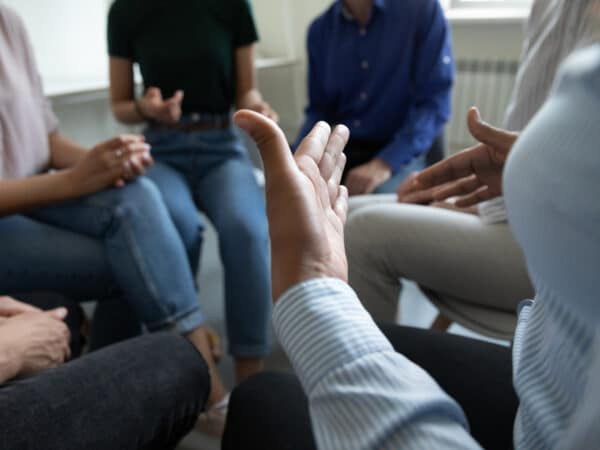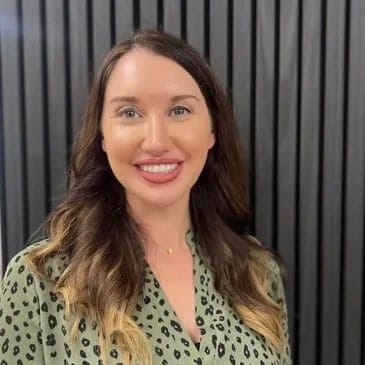Brainspotting Therapy
THE UNBRIDLED EXPERIENCE
We are standing by ready to help. Please take the first step on your new journey and contact us. All communications will be confidential and discreet.
Find Out More
Brainspotting Therapy
Brainspotting Therapy is an innovative and highly effective therapeutic approach used to address a range of mental health issues, including trauma, anxiety, and addiction. Developed by Dr. David Grand in 2003, Brainspotting taps into the brain’s natural healing capabilities by helping individuals access and process emotions stored in the subconscious. This therapy is gaining recognition for its profound ability to help people overcome emotional blockages and find relief from psychological pain.
How Does Brainspotting Therapy Work?
Brainspotting Therapy operates on the understanding that where you look affects how you feel. During a session, the therapist helps the client focus on specific eye positions that correspond to areas in the brain where emotional trauma or distress may be stored. By guiding the eyes to “brainspots,” which are connected to unresolved emotional pain, Brainspotting allows individuals to process these emotions more deeply. The therapy aims to bypass the thinking brain (neocortex) and access the deeper emotional regions (subcortex), where trauma is often held.

What Does Brainspotting Therapy Treat?
Brainspotting Therapy can be beneficial for treating a variety of conditions, including:
Its flexible and adaptive nature makes it suitable for people dealing with complex emotional challenges as well as those looking to enhance personal growth or performance.
What To Expect In A Brainspotting Therapy Session?
In a Brainspotting session, our Master’s Level Clinician will work with you to identify a specific issue or emotion you’d like to address. You will then be guided to focus on that feeling while the therapist uses a pointer to guide your eye movements. Through observing your eye positions and responses, the therapist identifies the brainspots that are linked to emotional pain or trauma.
Sessions are generally calming, as clients are encouraged to maintain a sense of mindfulness and stay connected to their emotions. The process can bring up intense emotions, but the therapist is there to provide support and create a safe, non-judgmental space for healing. Each session typically lasts between 60 to 90 minutes, and the number of sessions varies based on individual needs.

Benefits of Brainspotting Therapy
Brainspotting Therapy offers several key benefits, including:
- Deeper Emotional Processing: By accessing the subcortex, clients can work through emotions that might be inaccessible through talk therapy alone.
- Effective Trauma Resolution: Brainspotting helps release deeply held trauma, leading to relief from PTSD and related symptoms.
- Holistic Healing: It addresses both emotional and physical symptoms, such as chronic pain or tension.
- Enhanced Self-Awareness: By reconnecting with repressed emotions, individuals gain better insight into their emotional responses and triggers.
Find Addiction & Mental Health Help in Marietta, GA
Better yet, see us in person!
Thoroughbred Wellness and Recovery
- 1501 Johnson Ferry Road Northeast Suite 225, Marietta, Georgia 30062, United States
- info@thoroughbredbhc.com
- 770-564-4856





